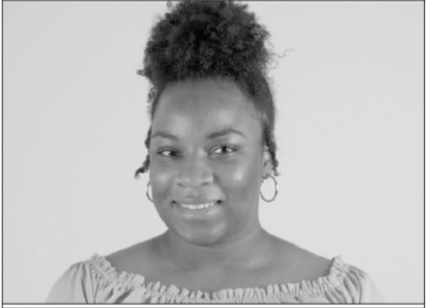COLUMN: Inaccessibility when applying to schools

Destiny Blanchard
September 30, 2021
This is my final school year at Eastern and I’ve been considering my options following my graduation next spring. I had been toying with the idea of working for the next couple of years and then going to graduate school to get my MBA. Like most college students, I feel unsure about if the path I’m headed on is the right one, so I’ve been thinking about applying for graduate school now and starting my master’s degree next fall. Searching for my options as far as schools has been a fine process, but I’m being reminded of how expensive applying for school can be for someone who is not financially dependent on their family.
During my senior year of high school, I had the privilege of not worrying about the cost of applying for school because my parents took on that responsibility for me. However, when applying for both undergrad and graduate school the number of fees that can pile up is insane. The average application fee can cost between $50 and $100, but you also need to order school transcripts, and pay for the GRE or other exams. Some schools offer waivers for these fees but many don’t, the cost of applying to a handful of schools can cost hundreds of dollars alone and that’s with no promise of getting into that school or attending.
What this highlight is that it’s not just going to college that is a privilege but having the ability to apply at all is a privilege in itself. There are students who apply to dozens of schools to better their odds of acceptance, but that is only possible with financial assistance or completely draining the small bit of savings or income that the average student has. After doing a quick Google search on how to cover the cost of applying for grad school, the suggestions I have found include applying for a credit card, taking out a personal loan, or simply make more money. These suggestions are not exactly the most financially smart things a college student can do, and they aren’t compatible with someone who is economically disadvantaged.
I think my thoughts on this issue and my experience with college overall have led me to the same conclusion many have come to before, that college is just too expensive. The costs that come with college are meant to be justifiable because we’re promised good-paying jobs. That promise of a good job is not enough when the average person can spend decades paying off their loans. The many fees that come with applying for school are the first of many costs that add up when someone pursues a college degree, and there seems to be no practical solution to help those of us who struggle to keep up with them.
Destiny Blanchard is a senior management major. She can be reached at 581-2812 or at [email protected].















































